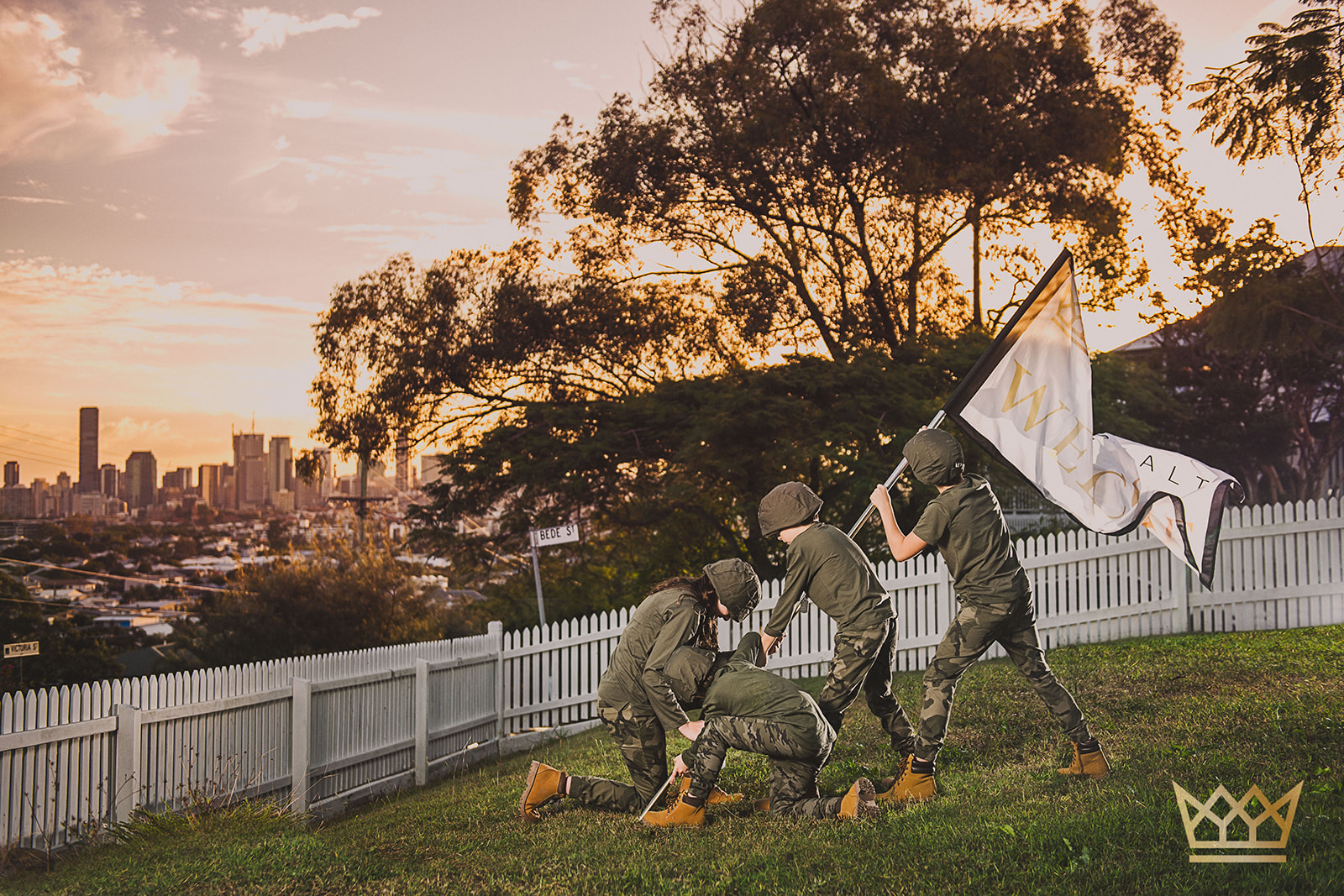

Land of the free home of the brave full#
In full glory reflected now shines in the stream: Now it catches the gleam of the morning’s first beam, What is that which the breeze, o’er the towering steep,Īs it fitfully blows, half conceals, half discloses? Where the foe’s haughty host in dread silence reposes, On the shore dimly seen through the mists of the deep, O’er the land of the free and the home of the brave? O say does that star-spangled banner yet wave Gave proof through the night that our flag was still there O’er the ramparts we watched, were so gallantly streaming?Īnd the rockets’ red glare, the bombs bursting in air, Whose broad stripes and bright stars through the perilous fight, What so proudly we hailed at the twilight’s last gleaming, O say can you see, by the dawn’s early light, We can all sing the first verse in our sleep, but the following three verses speak just as boldly – and defiantly – as to who we are as a nation. It is an attitude that is the undercurrent of the Francis Scott Key’s poem The Star Spangled Banner. As our countrymen in New Hampshire like to say, “live free or die.” We celebrate the moment in which brave men – acknowledging their dependence on God – announced to a “candid world” that they were casting off the shackles of a predictable tyranny and embracing liberty. We don’t celebrate the victory at Yorktown, or the signing of the Treaty of Paris, which concluded the war. On the Fourth of July we celebrate the birth of our nation, the day 56 brave men signed their own death warrants by declaring Independence from the most powerful nation on Earth.


 0 kommentar(er)
0 kommentar(er)
